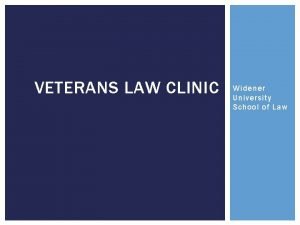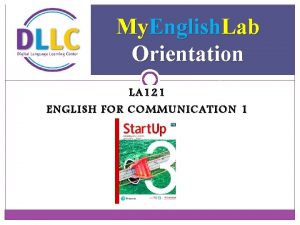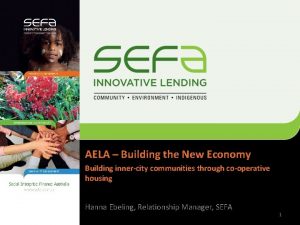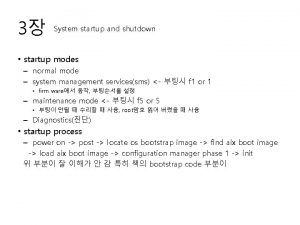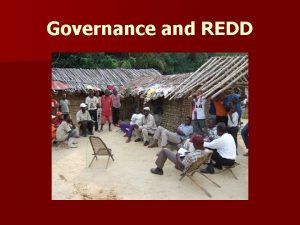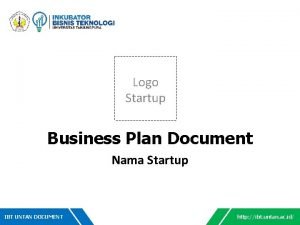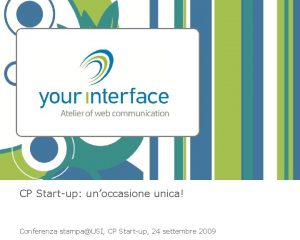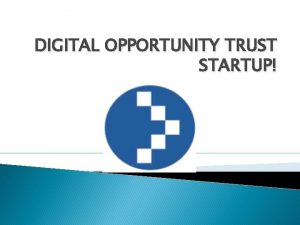AELA LAW AND GOVERNANCE STARTUP AND TUNEUP CLINIC












- Slides: 12

AELA LAW AND GOVERNANCE ‘START-UP AND TUNE-UP’ CLINIC LEGAL SERVICES IN SOUTH EAST QUEENSLAND 26 June 2015

Who we are QPILCH (the Queensland Public Interest Law Clearing House Incorporated) Incorporated in 2001 Developed by the legal profession to improve access to justice for people and community groups with civil law problems. Firm members Barrister members Mostly funded by QLD LPITAF and Cth DJAG

Our friends and partners We are a community legal centre, a member of the Qld Association of Independent Legal Services. We work with other CLCs. We are a ‘clearing house’. We work with other clearing houses interstate. We are a partnership and work with Legal Aid Queensland, University Law Schools, the Bar Association of Qld and the Qld Law Society, and non-legal support agencies.

What do we do? Referral of individuals and community organisations to firms and barristers for pro bono representation. Direct legal services: Outreach legal clinics, including Homeless Persons’ Legal Clinic, Refugee Civil Law Clinic, Mental Health Civil Law Clinic and Legal. Pod Self Representation Service Mental Health Law Practice Student clinical legal education.

What do we do? Projects to improve the way we do things: Legal Health Check Rural Regional and Remote project Research that uses evidence gathered through our casework to try to effect change in the legal system to improve access to justice: Self Representation Service evaluation Productivity Commission inquiry into Access to Justice Mental Health Law Practice – legal needs research

Who do we help? People: who cannot afford a private lawyer; who are ineligible for legal aid; who cannot obtain speculative (no win – no fee) help; for whom legal action is likely to result in a positive outcome worthy of expenditure of pro bono resources. Community organisations which have charitable purposes, address community disadvantage, serve a wide group of people or have a public interest purpose. We do not help in family law, criminal law, native title or complex commercial disputes.

Our eligibility criteria Applications are received via email, fax, post, or online. Applications are assessed against the following criteria to determine if eligible for referral for pro bono legal assistance: The matter must have reasonable prospects of success; The matter requires legal assistance, and for example, could not be resolved through negotiation or other practical options; and The matter justifies the use of pro bono assistance, meaning that the likelihood of success and risks of taking on the matter are supported by the important social justice issues of the case.

Community organisations - ‘start-up’ There a range of publicly available resources designed to assist people seeking to establish community organisations. We encourage people to consult these resources prior to submitting an application to QPILCH for pro bono legal assistance: Community Door; Justice Connect’s Not-for-Profit Law portal; Australian Charities and Not-for-profits Commission; Office of Fair Trading; Board. Connect; and Bond University Law Clinic.

Community organisations - ‘start-up’ People seeking to establish a community organisation are also asked to consider the following prior to submitting an application to QPILCH for pro bono legal assistance: The aim and purpose of the organisation; The method in which the organisation will be managed or run; The main activities or services the organisation will provide; The short-term and long-term funding requirements of the organisation and how these requirements will be met; Whether existing groups, organisations or charities and relevant stakeholders support the establishment of the organisation; The skills the applicants have in managing a community organisation; The skills or expertise the applicants have in the proposed organisation’s area/s of operation; and That all other available external resources to assist in the establishment

Community organisations – ‘tune-up’ Community organisations which face a specific legal problem , for example: Assistance to negotiate and draft a lease for a animal rescue organisation; Advice and assistance in relation to workplace health and safety obligations; and Advice and assistance about obtaining DGR status. Unable to assist with internal disputes or disputes involving other community organisations (no public interest)

What happens if I apply? Receipt of your application will be acknowledged; Your matter will be assessed based on the information you provide; If your matter is eligible for referral, we will email our member firms or barrister seeking assistance; Members are not obliged to accept a referral, so we cannot guarantee that help will be obtained in all matters that we try to refer; If a member offers to assist, you become a client of the firm, and the normal solicitor/client relationship in pro bono matters is established. You and the firm will sign a pro bono client agreement which will set out the scope of the pro bono work and cost obligations (if any); We send a letter to the firm that accepts the referral with the documents you have provided to us and we send a letter to you advising the name of the solicitor in the firm to contact; and If your matter is not eligible for referral, or if we are unable to find someone to accept the matter, we will write to you explaining why your matter has not be referred and we will suggest who else you could approach for assistance (such as another community legal centre) or any practical options available.

Thank you In the words of one community organisation: “…I would like to thank you and your organisation for the work you put into our application. From studying your response, I understand why our organisation does not meet the criteria you use in considering an application. The comments and suggestions you have provided have given us a direction to follow in resolving the issue. ” Any questions?
 Newton's first law and second law and third law
Newton's first law and second law and third law Newton's first law
Newton's first law Boyle's law charles law avogadro's law
Boyle's law charles law avogadro's law P=k/v
P=k/v Widener law clinic
Widener law clinic Windows xp startup and shutdown
Windows xp startup and shutdown Windows startup and shutdown
Windows startup and shutdown Cohort analysis lean startup
Cohort analysis lean startup My english lab เฉลย
My english lab เฉลย Dropbox lean startup
Dropbox lean startup Business model startup
Business model startup Biotech pitch deck example
Biotech pitch deck example Startup menu hp
Startup menu hp




